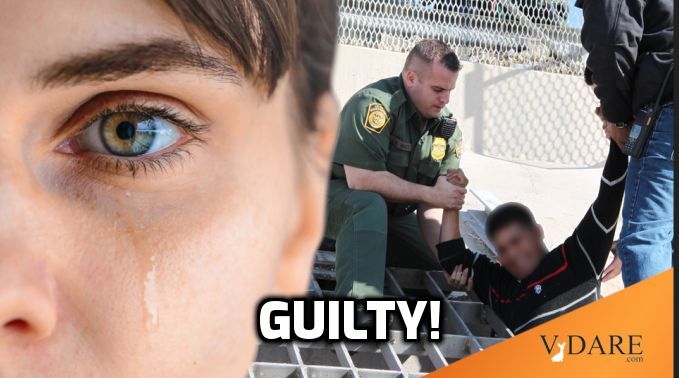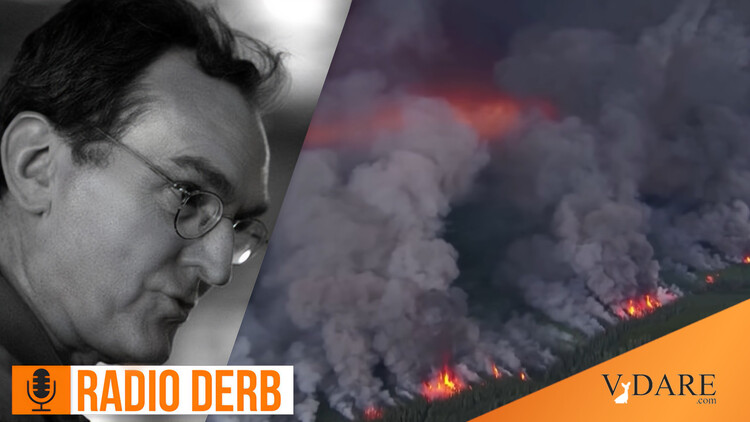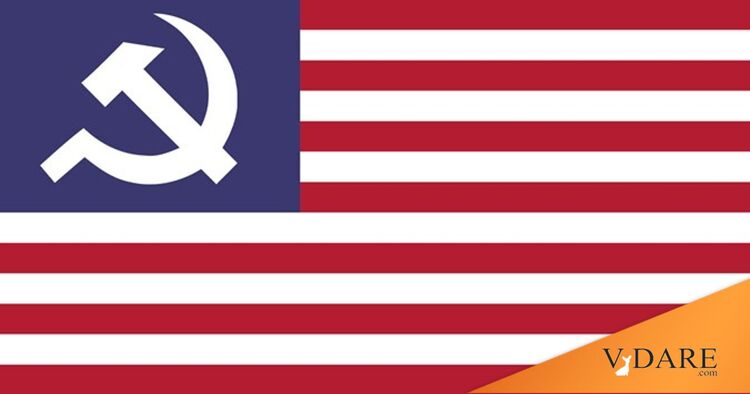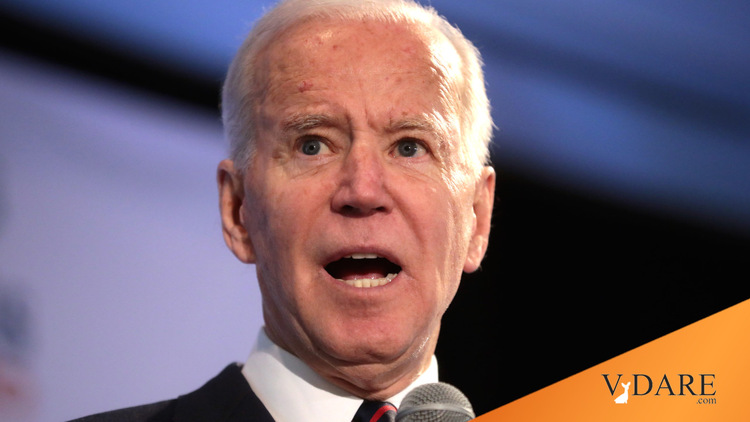Earlier: "Protest" or "Riot"? Establishment Appears Increasingly Demented as It Tries to Mold the Narrative
Some late-breaking news from the New York Times news desk:
‘They Have Lost Control’: Why Minneapolis Burned
After George Floyd’s death, pent-up frustrations, provocateurs and inexperienced leadership led to mayhem for three nights.
By Farah Stockman
July 3, 2020
Updated 8:27 p.m. ETTwo days after George Floyd died, the police chief of Minneapolis called the mayor around dinnertime. He needed help. What had begun as peaceful protests outside the Third Police Precinct was turning into mayhem.
“He said: ‘The Target is getting looted. We are not going to be able to handle this on our own,’” recalled Mayor Jacob Frey, who called Gov. Tim Walz and asked for the National Guard.
The governor said he would consider the request. Afterward, he expressed surprise that city leaders did not seem to have a plan for where they wanted the soldiers to go.
As the night wore on, dozens of buildings burst into flames, without a fire crew in sight. A six-story apartment building that was still under construction collapsed into a ball of fire. A high-tech factory was set ablaze. Residents called 911 desperate for help, but dispatchers were overwhelmed.
Over three nights, a five-mile stretch of Minneapolis sustained extraordinary damage. The police precinct house itself was set on fire, after the mayor gave orders to evacuate the building. A month later, the city is still struggling to understand what happened and why: Not since the 1992 unrest in Los Angeles has an American city suffered such destructive riots.
The vast majority of protesters in Minneapolis, like others around the country, marched peacefully, and some tried to intervene to stop the destruction. To many, the damage was an understandable response to years of injustice at the hands of the Minneapolis police, an explosion of anger that activists had warned was coming if the city did not reform law enforcement.
At the same time, it struck a close-knit, civic-minded community that was already struggling under the coronavirus pandemic. Fires and looting destroyed hundreds of businesses, among them a worker-owned bicycle co-op, a historic diner run by a husband and wife, and the new headquarters of a nonprofit organization that works with Native American teens...
“Once Frey comes out and basically sides with the protesters, he has sent the signal that the police are on their own,” said Lawrence Jacobs, professor of public policy at the University of Minnesota. “If you are going to say something like that, you have to have a plan for what is going to happen, because you have now inflamed both sides of the issue.”











